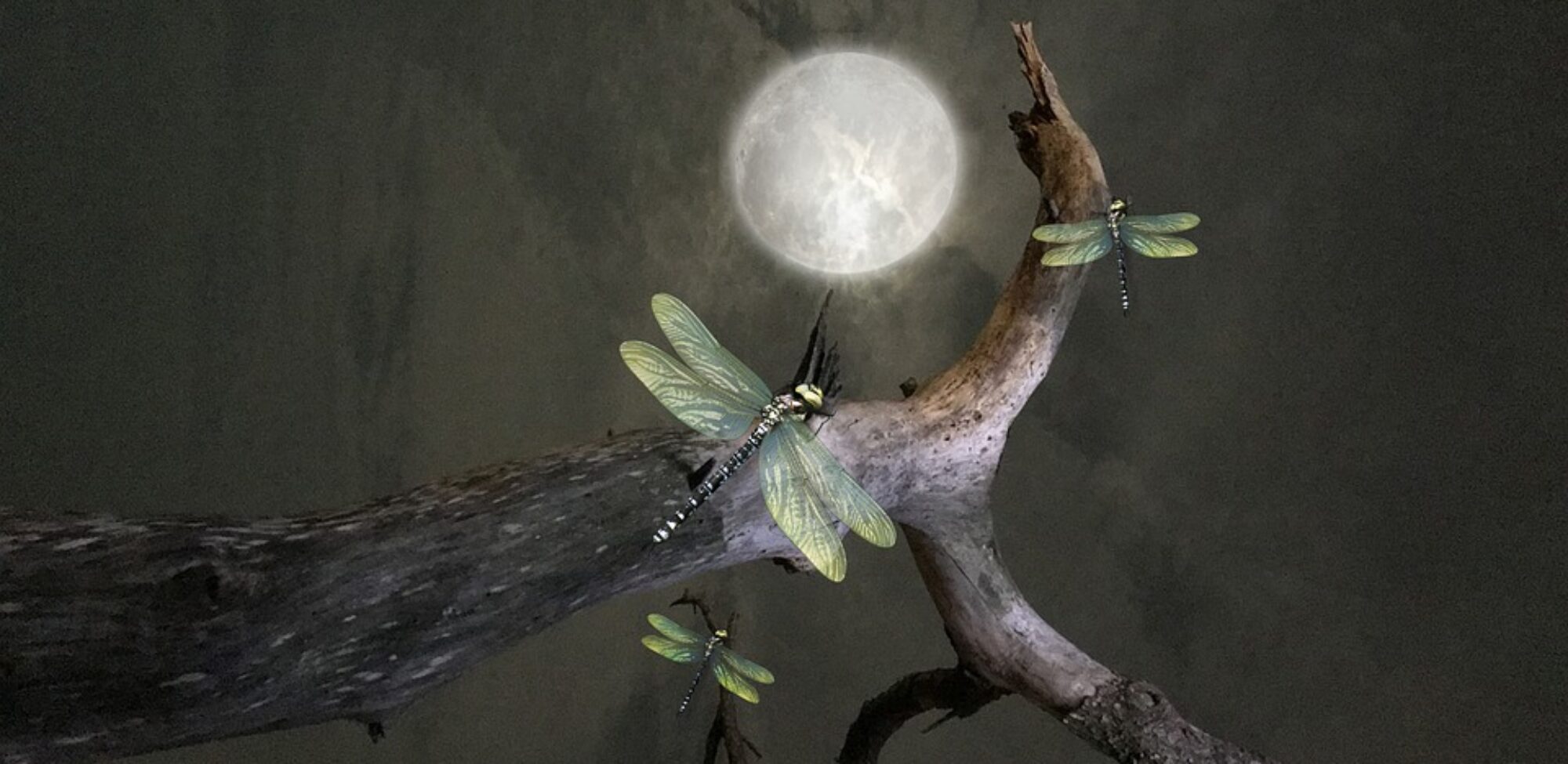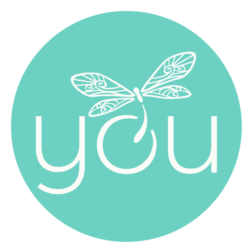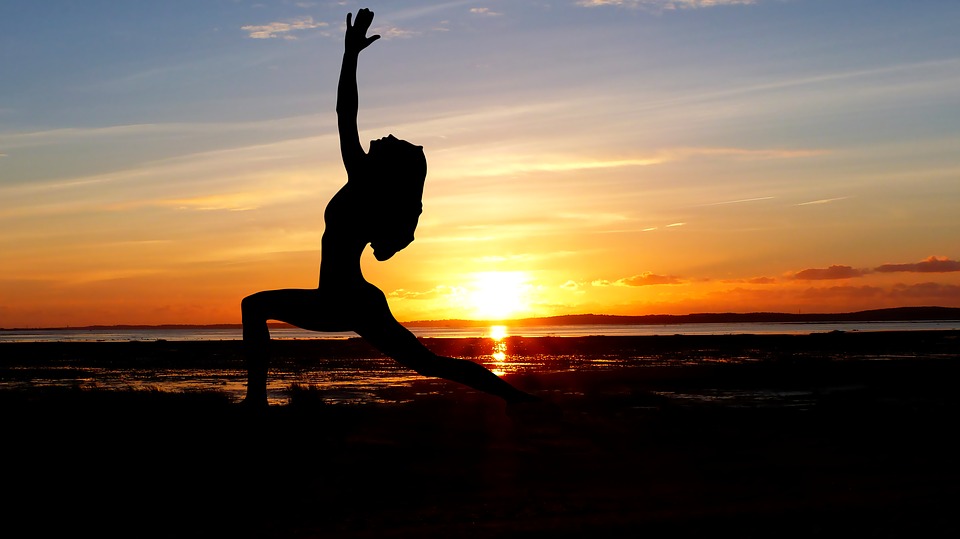Are YOU a Peaceful Warrior?
Calling all warriors to our upcoming retreat.
Recently I attended a workshop on “Breaking Down Resistance”, based on the book “War of Art – Winning the Inner Creative Battle” by Steven Pressfield. The speaker started out saying that we are at war every single day. War? C’mon! Isn’t that a bit negative? I found myself cringing as I consider myself a practitioner of nonviolence. No! I’m not at war! Couldn’t there be better way to say that? But I realized that I was battling the presentation and let go so I could be more present with the talk. She went on to share from the author, “The enemy is RESISTANCE. Resistance is ANYTHING that is keeping you from doing your work.” (1) Oh ~ I see where this is going! And, yes, I admit I have resistance that I am… uh, fighting, or trying to win over in my daily life. Don’t we all?
The foundation of what I teach in all my beginning classes and workshops is about the “stress response” because, for me, it helped me to understand what I am trying to conquer in my life (stressors). “The body has a built-in automatic emergency response that uses the nervous system and endocrine system to enhance the body’s performance when danger is perceived. Think of it as an emergency mechanism that the body mobilizes to give us an extra edge or “super-strength” when dangerous situations occur.” (2) For millions of years, there is a part of our brain that has helped us survive as a species. In a very simplistic description, we could say that if a saber-toothed tiger is attacking the caveman, his stress response kicks into fight or flight for survival. He either goes into fight mode to “kill or be killed” or into flight mode to escape ~ either way this increases the likelihood of his survival. This primitive part of the brain is still very much a part of our modern day brain and although there may be no more saber-toothed tigers, our brain responds to any “threat” – whether it’s from the piles of bills on our desk, to trying to fit in all our to-do’s, to handling our children’s arguments and tantrums, etc. The sympathetic nervous system is activated to immediately provide the resources to the parts of our body needed to fight danger (or to retreat to safety). Ready for battle! So, yes, it could be said, we are at war every day.
Stress shows up in many guises ~ angry outbursts at the very people we love, tossing and turning in bed, irritability and impatience with the car in front of us, or the person taking up space in the grocery aisle with their cart, worrying about how to cover next month’s rent, lack of focus or motivation, and more.

For me, and for so many others, emotional pain and resistance are what show up on our mental battlefields daily. These are the contributors to the stress in our lives. When emotional pain, such as shame, anger, loneliness, fear, despair, confusion, shows up, we may resist (causing tension in body and mind) or allow ourselves to be conquered. We may become self-critical and end up in battle with ourselves. “Why can’t I cope?” ”Why me?” “What’s wrong with me?” We are often kinder and more compassionate to others than to ourselves. We’re often harsher and more unforgiving to ourselves than anyone else in our lives. So we tend to avert our attention away from our difficult emotions. We push them away, yell them away, even drown them away with business so we don’t have to face them. W. B. Yeats once wrote:
“It takes more courage to examine the dark corners of your own soul than it does for a soldier to fight on a battlefield.”
Is it any wonder that, at times, we feel like retreating from life?
Emotional pain can be our daily landmines. And then there are the stressors of all of our “to-do’s” to keep up with ~ personally, professionally, and in our families or relationships. Is it any wonder that at times, we feel like retreating from life?
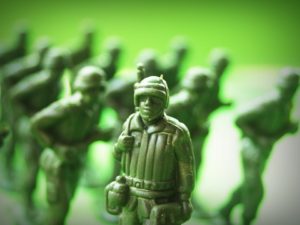
To retreat:
~withdraw from enemy forces as a result of their superior power or after a defeat
~an act or process of withdrawing especially from what is difficult, dangerous, or disagreeable
In article “The Disease of Being Busy” (3), Omid Safi writes, “How exactly are we supposed to examine the dark corners of our soul when we are so busy? How are we supposed to live the examined life? This disease of being “busy” (and let’s call it what it is, the dis-ease of being busy, when we are never at ease) is… destructive to our health and wellbeing. It saps our ability to be fully present with those we love the most in our families, and keeps us from forming the kind of community that we all so desperately crave.”
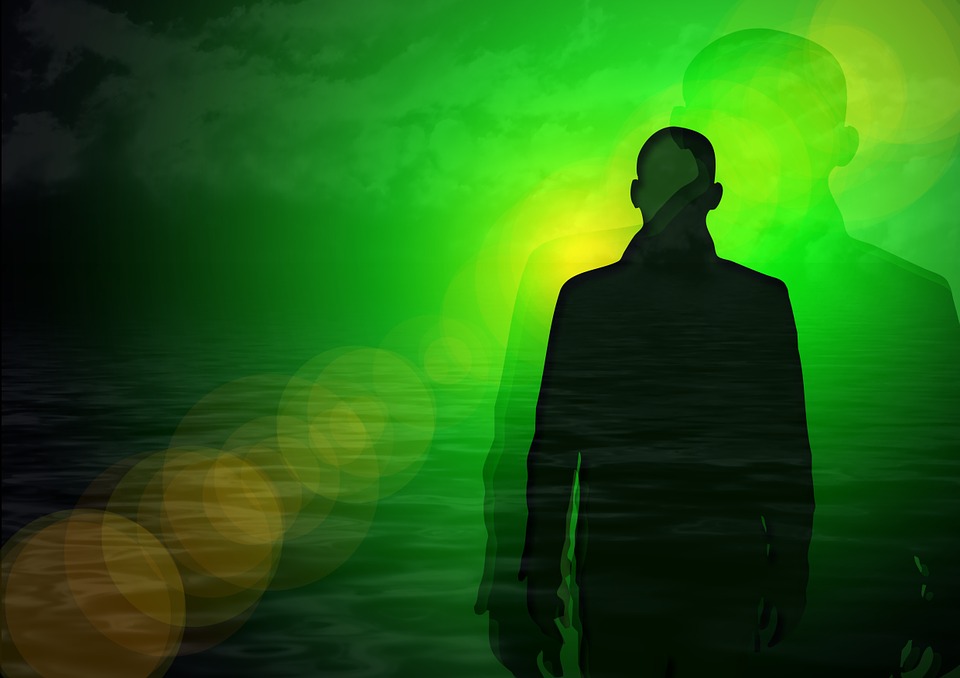
Peaceful Warrior ~ Mindfulness + Kindfulness
Mindfulness teaches us a different way of relating to emotions in a healthier way. Put down the fists, drop the self-judgment, and instead of fighting emotions, we can be a witness to any difficult emotions arising, and to our own pain. We can then learn to respond with kindness, compassion, and understanding. This is an approach-state, moving toward a challenge, rather than away from it will help us to get through difficult emotions.
“Respond to your pain with the same type of kindness you would show to a friend you cared about… we’re often harsher and more unforgiving to ourselves than anyone else in our lives.” ~ Kristin Neff
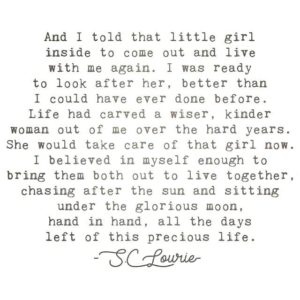
YOU are INvited ~ Retreat for Well-being
Join me for our upcoming mini-retreat (see link for date/info) for learning and practicing together the essentials of mindfulness and self-compassion to re-nourish YOU! Enlist to become a peaceful warrior to free yourself from unhealthy, unhelpful, or destructive thoughts, emotions, and habits!
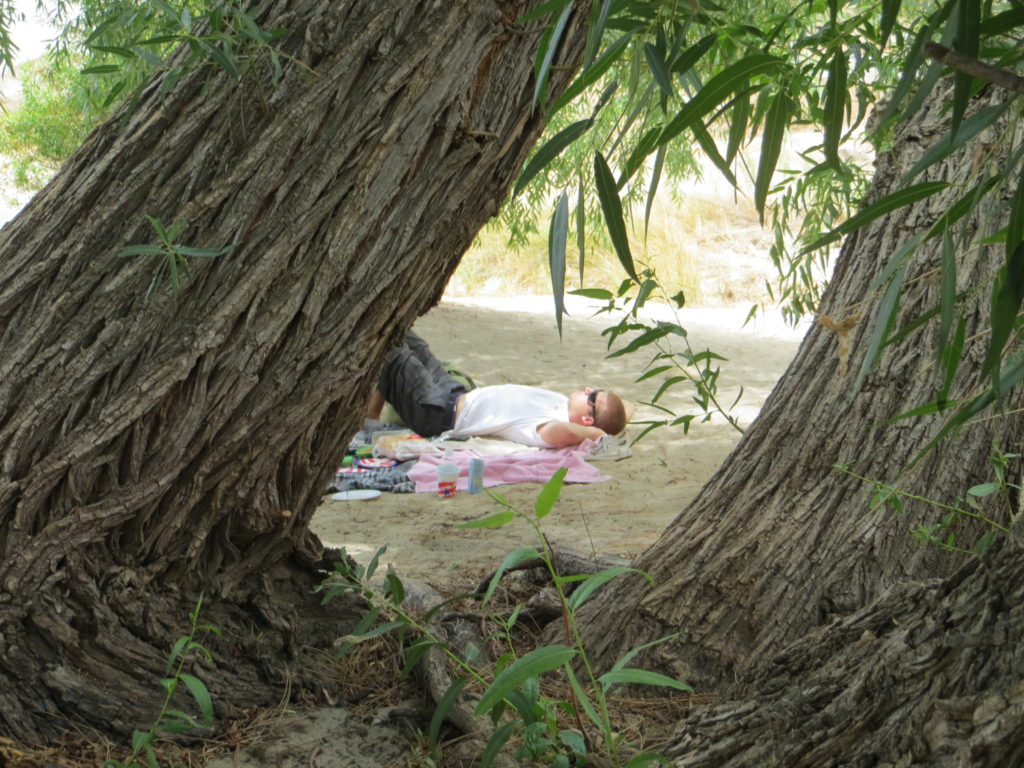
A Retreat:
a quiet, private place that you go to in order to get away from your usual life;
a period of time when someone stops their usual activities and goes to a quiet, peaceful, safe place;
refuge ~ something to which one has recourse in difficulty
“All profound things and emotions of things are preceded and attended by silence.” ~ Herman Melville
The seeds of self-compassion already lie within you — learn how you can uncover this powerful inner resource and transform your life. Cutting-edge research shows that self-compassion is not only a skill anyone can strengthen through practice but also one of the strongest predictors of mental health and wellness.
Mindful habits and attitudes can positively impact and support you in responding to life as it is — the good stuff, the tough stuff, all of it– with grace and skill. Get your questions answered, receive guidance on challenges you may have, and get immediate feedback that you won’t get from an app or a book! You don’t need to do this alone! I will guide you along the way.
This content is based upon the work from Kristen Neff, leading researcher on Self-Compassion, Tim Desmond, Christopher Germer, and more!
>>> Learn about our next Retreat <<<
“I don’t have time!” says Resistance.
Is your resistance telling you that you don’t have time? Carve out the time. You’re right – you don’t have time. You make time. For you, as well as for those in your life.
“Resistance is ANY act that rejects immediate gratification in favor of long-term growth, health, or integrity – or expressed in another way – ANY act that derives from our higher nature than our lower.” (4)
“If we do not know how to take care of ourselves and to love ourselves,
we cannot take care of the people we love.
Loving oneself is the foundation for loving another person.”
~ Thich Nhat Hanh
Benefits of Practicing Self-Compassion~
- feel less stressed
- improve ability to regulate and defuse intense emotions and depression
- suffer from less maladaptive perfectionism
- feel less shame
- have less performance anxiety
- have less body dissatisfaction
- have less eating disorders
- generates positive emotions and reduces negative emotions at the same time
- increases happiness
- increases coping and resilience
- increases motivation
- increases concern with others, more present and compassionate with others
- increases health behaviors
- increases immune function
In the few randomized control trials of the program, we’ve found that participation in the program increase self-compassion quite a lot, actually – by 43 percent. One thing we are really excited about is none of the gains we made in the program were lost after a year. Once you learned how to practice these skills, once you build that muscle, you can still continue to use the skill later on.
*Source of benefits above: Finding the Friend Within: The Science and Art of Self-Compassion
By practicing mindfulness and kindfulness in our daily living, each one of us is positively contributing to a thriving, resilient, and compassionate world beginning with ourselves, and positively impacting our relationships at home, work, and in our communities. Come learn and grow with us!
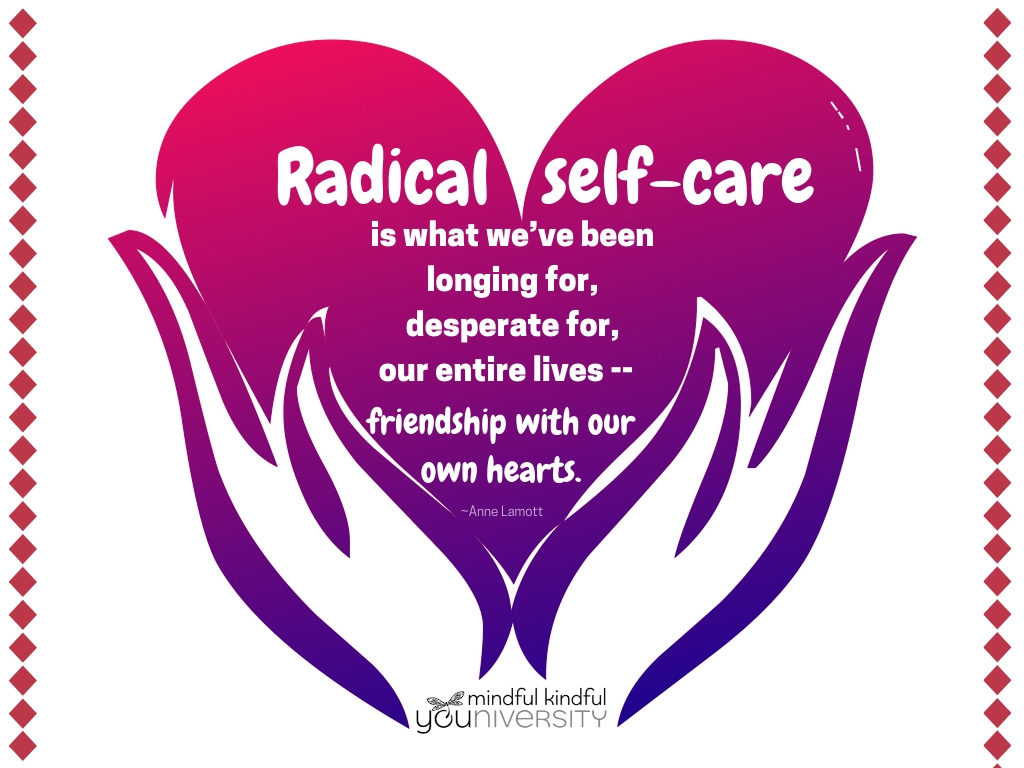

Sources:
1, 4 – “War of Art – Winning the Inner Creative Battle” by Steven Pressfield
2- What is the Stress Response?
